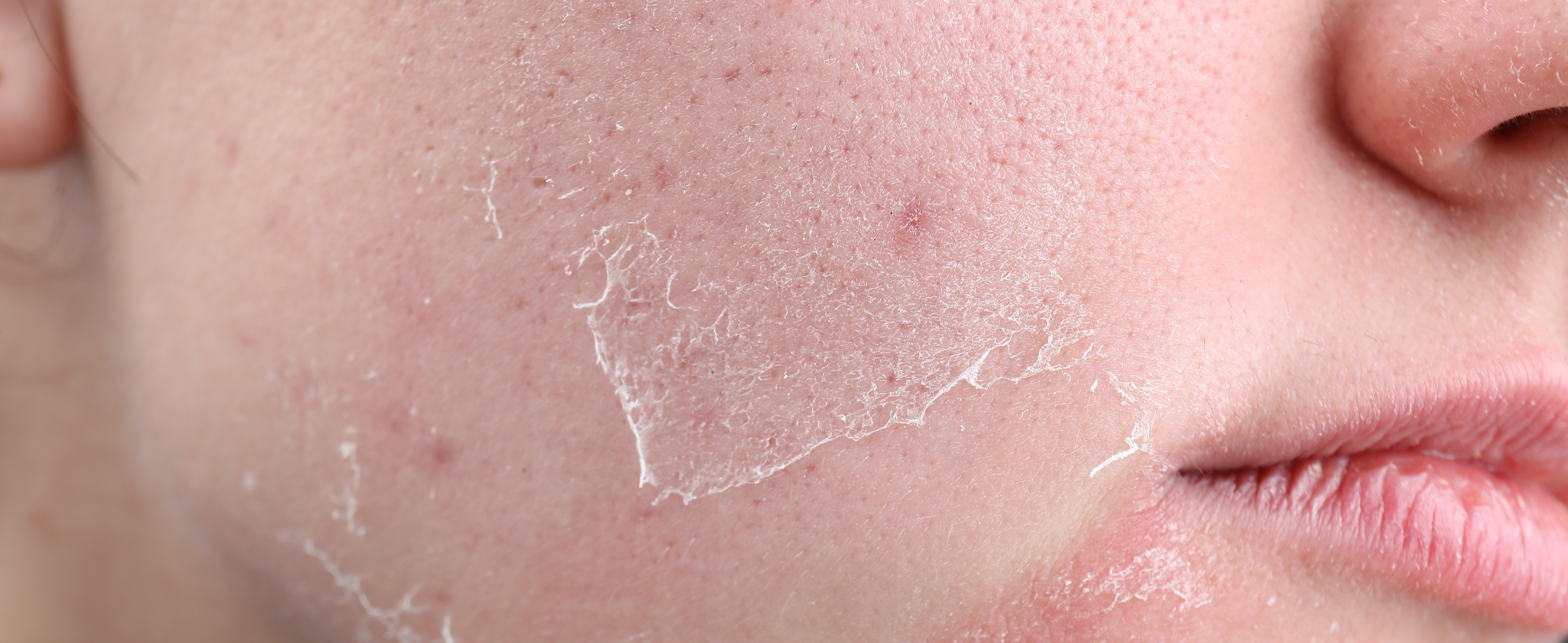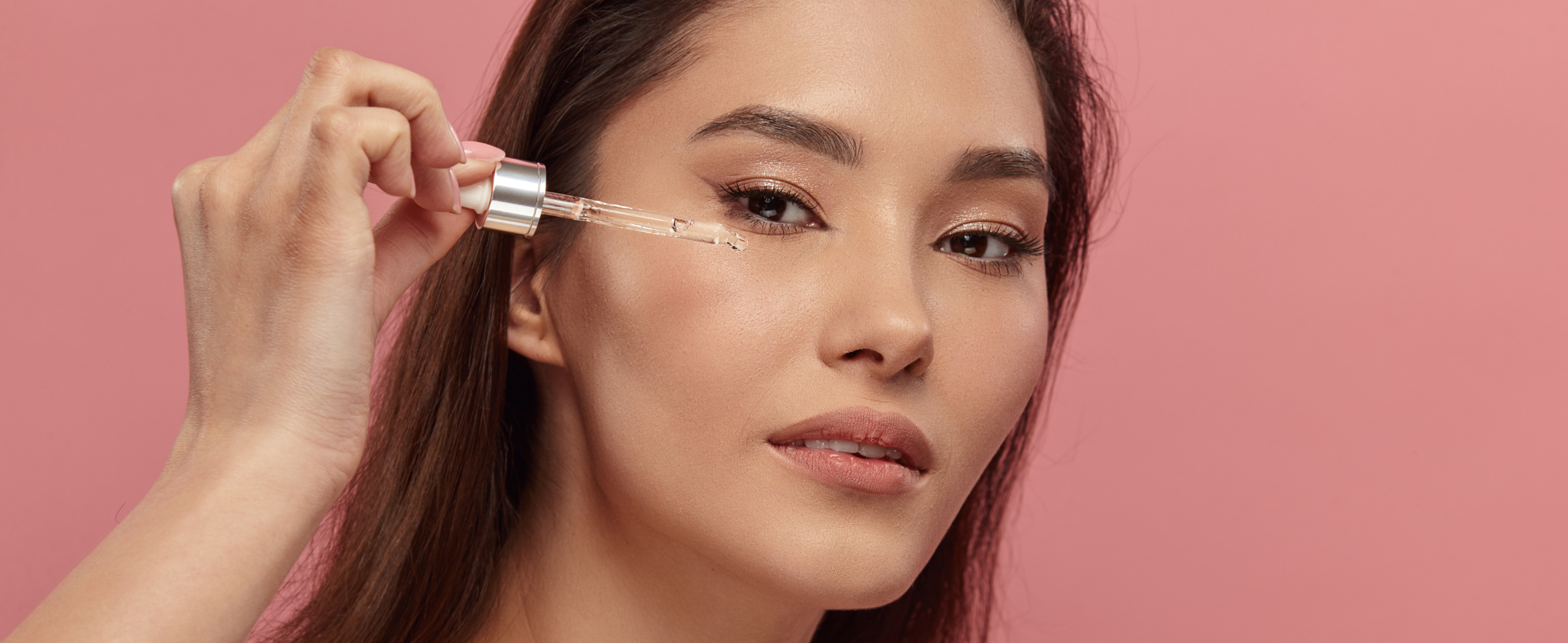Serums have become a must-have in every skincare routine—and for good reason. These potent, fast-absorbing formulas are designed to target specific skin concerns, from fine lines and dark spots to dehydration and acne. But with so many serums out there, how do you know which one is right for your skin?
The answer lies in your skin type.
Choosing a serum based on your skin type ensures that you're feeding your skin with the right active ingredients it needs—without causing breakouts, dryness, or irritation. Below, we break down how to choose the best serum based on your unique skin needs.
What Is a Serum, and Why Should You Use One?
A serum is a lightweight skincare product packed with concentrated active ingredients. Unlike moisturizers, which mainly focus on hydration and sealing in moisture, serums are designed to penetrate deeper into the skin and deliver targeted results.
Whether you're looking to brighten dull skin, reduce wrinkles, or fight acne, there's a serum for that. But choosing the right one is key—especially if you want noticeable, lasting improvements
Identify Your Skin Type First
Before you pick a serum, it’s important to determine your skin type. Here’s a quick breakdown:
- Oily skin: Shiny, prone to acne and enlarged pores.
- Dry skin: Feels tight, flaky, or rough.
- Combination skin: Oily in the T-zone (forehead, nose, chin), dry or normal elsewhere.
- Normal skin: Balanced, with minimal imperfections.
- Sensitive skin: Easily irritated, often red, reacts to many products.
Now that you’ve identified your skin type, let’s look at the best serums for each.
For Oily or Acne-Prone Skin
Oily skin types are often prone to breakouts and shine, especially in the T-zone. The right serum should help regulate oil production without clogging pores.
Best ingredients:
- Niacinamide (Vitamin B3): Balances sebum production, reduces inflammation, and minimizes pores.
- Salicylic acid (BHA): Exfoliates inside the pores and helps prevent acne.
- Zinc: Controls oil and soothes redness.
- Tea tree oil: A natural antibacterial that targets acne-causing bacteria.
What to avoid:
Heavy oils or overly emollient serums that can clog pores.
Pro tip: Look for “non-comedogenic” formulas and consider gel-based or water-based serums.
For Dry or Dehydrated Skin
Dry skin needs deep hydration and support for the skin’s moisture barrier. Serums for dry skin should focus on attracting and sealing in moisture.
Best ingredients:
- Hyaluronic acid: A powerful humectant that draws moisture into the skin.
- Glycerin: Helps maintain the skin’s water balance.
- Squalane: A non-greasy oil that hydrates and softens.
- Ceramides: Help repair the skin’s natural barrier.
What to avoid:
High concentrations of alcohol or harsh exfoliating acids, which can further dry out the skin.
Pro tip: Follow up with a thick moisturizer to lock in all that hydration.
For Combination Skin
Combination skin can be tricky—you’re oily in some areas and dry in others. The best approach is to use a balanced serum or even multi-serum layering (applying different serums to different areas).
Best ingredients:
- Niacinamide: Great for balancing both oily and dry zones.
- Lactic acid: A gentle AHA that hydrates while lightly exfoliating.
- Green tea extract: Soothes and controls oil.
What to avoid:
Overloading your skin with too many actives at once. Simplicity is key.
Pro tip: Use lightweight, water-based serums in your routine and apply richer products only where needed.
For Normal Skin
If your skin isn’t too oily or too dry, congratulations! You have a lot of flexibility in choosing your serum. Your goal should be prevention and maintenance—keeping your skin healthy and glowing.
Best ingredients:
- Vitamin C: Brightens, evens skin tone, and protects against environmental damage.
- Peptides: Help boost collagen and maintain firmness.
- Antioxidants (like ferulic acid or resveratrol): Protect against signs of aging.
Pro tip: Rotate your serums seasonally based on your skin's changing needs.
For Sensitive Skin
Sensitive skin requires extra care. The best serums are soothing, fragrance-free, and non-irritating.
Best ingredients:
- Centella Asiatica (Cica): Calms redness and inflammation.
- Aloe vera: Soothes and hydrates.
- Allantoin or bisabolol: Gentle anti-irritants.
- Madecassoside: A calming antioxidant compound derived from centella.
What to avoid:
Strong acids, high concentrations of retinol, artificial fragrances, and essential oils.
Pro tip: Always patch-test new serums and introduce them slowly into your routine.
Final Thoughts
The key to choosing the right serum isn’t just following trends—it’s understanding what your skin needs and choosing ingredients that support those needs. By selecting a serum based on your skin type, you’re giving your skin the targeted care it craves.
Don’t forget that consistency is everything. Serums aren’t instant miracles, but with regular use, the right one can transform your skin over time.









